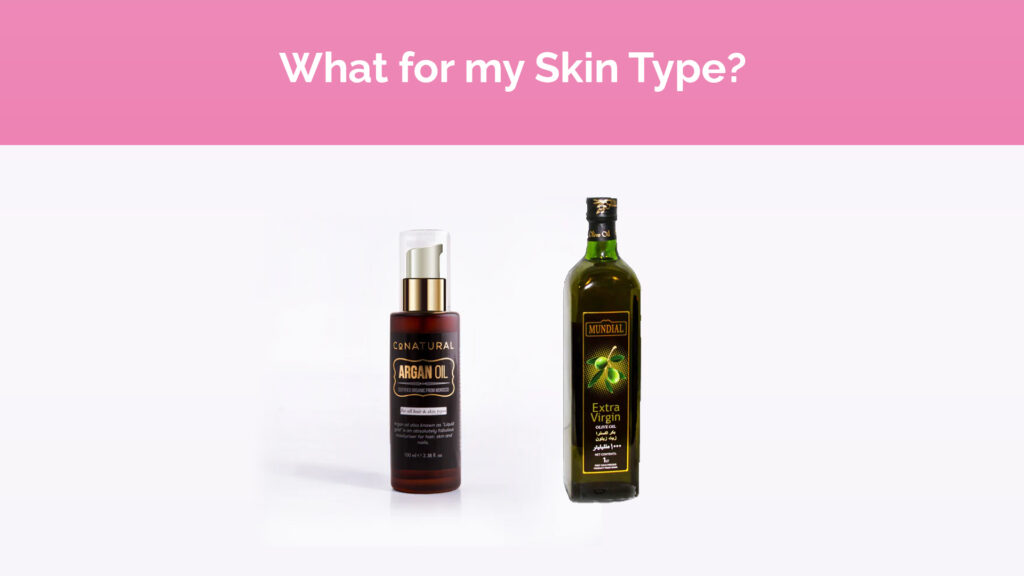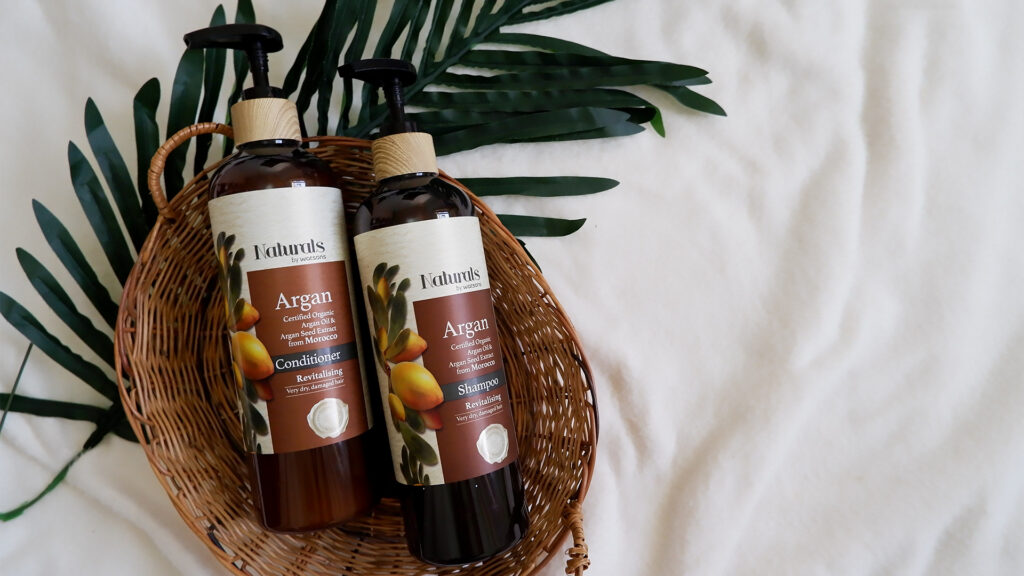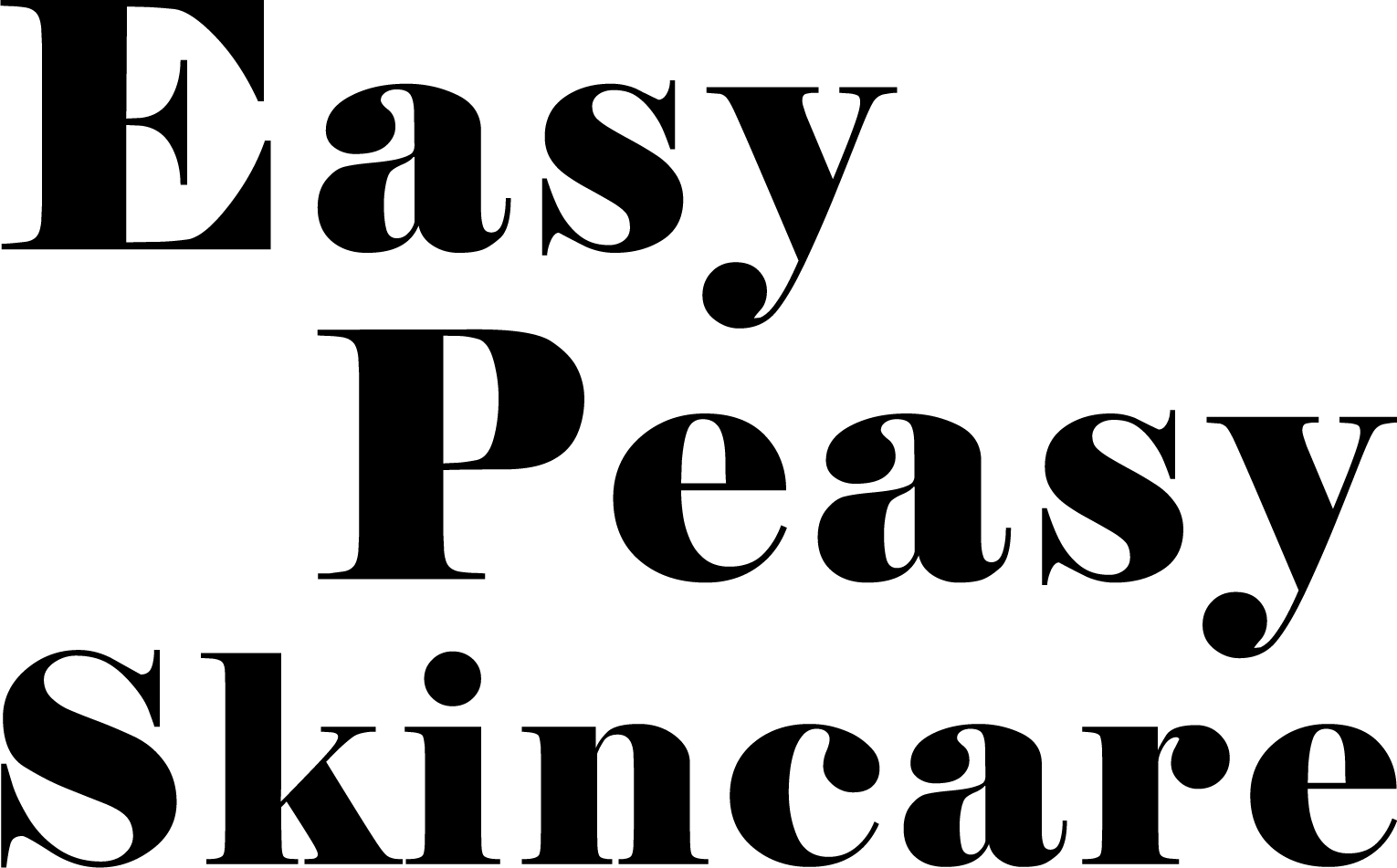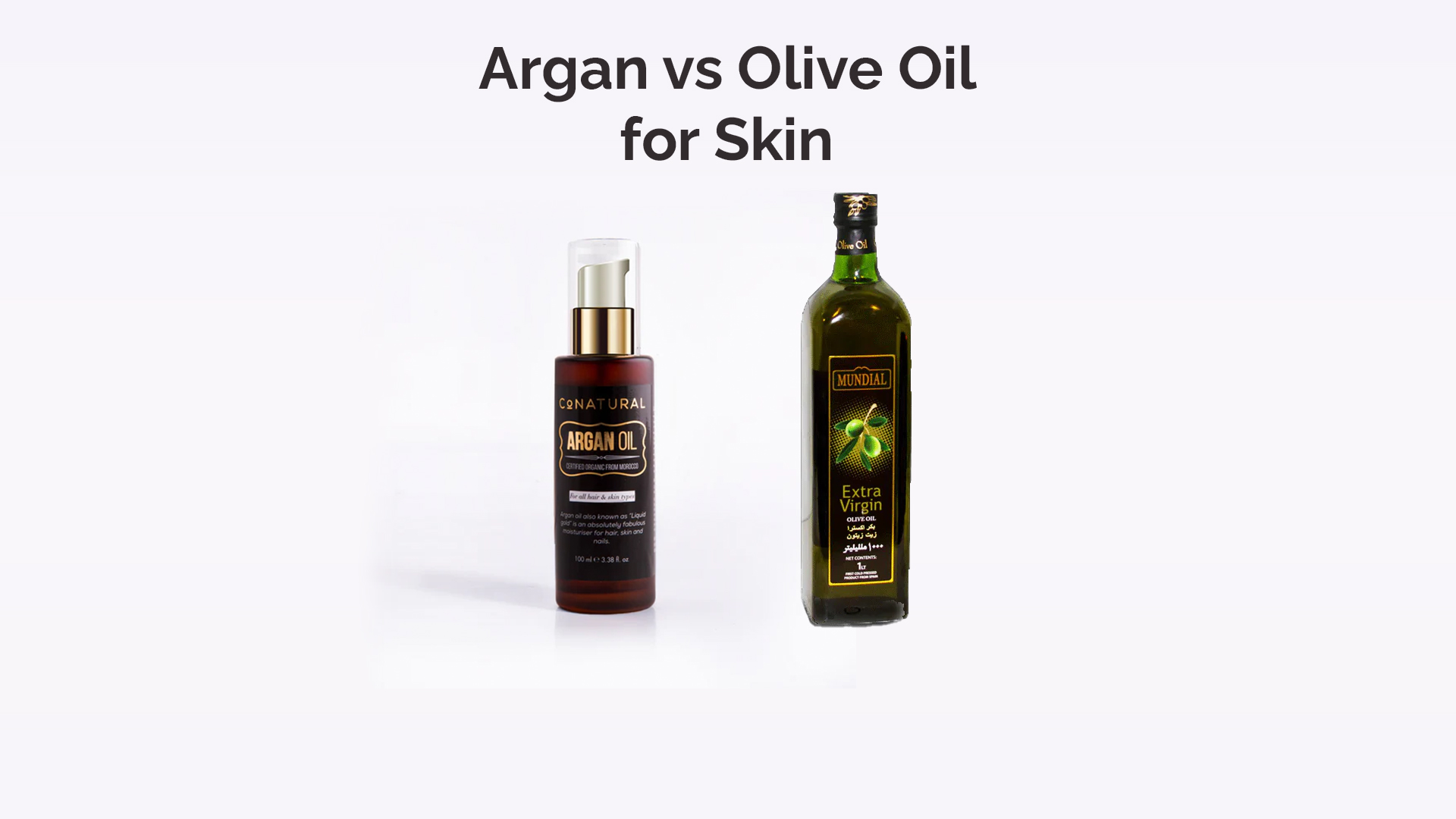Wondering about natural ingredients that can flourish your inner glow? Yes, for sure! As in the race of experimented and formulated beauty products, everyone desires to opt for natural skincare. For natural and admired skincare, natural oils stand tall.They get significant popularity due to their potential benefits for the skin. Argan vs Olive Oil for Skin are two such oils that have been widely used and acclaimed for their skincare properties.
In this blog post, Easy Peasy Skincare will compare Argan VS Olive Oil For Skin, examining their effectiveness in various skin concerns and exploring their specific benefits and uses.
Therefore, let’s dive in and discover which of these oils might be the right choice for your skincare routine.
Timeline of this Blog,
Without further ado, Get yourself educated!
Understand Nature of these Oils:
Both olive oil and argan oil possess natural emollient properties, making them ideal for moisturizing and softening the skin. They are versatile oils used in various skincare products and have become popular choices for achieving healthy, radiant skin naturally.
Nature of Olive Oil:

In discussing Argan VS Olive Oil For Skin, let’s start with Olive Oil.
Olive oil is derived from the fruit of the olive tree (Olea europaea). It is rich in monounsaturated fatty acids, such as oleic acid, which help to moisturize and nourish the skin. Olive oil also contains antioxidants, vitamins E and A, and anti-inflammatory properties, making it beneficial for maintaining skin health and reducing signs of aging.
Nature of Argan Oil:

Argan oil is extracted from the kernels of the argan tree (Argania spinosa), native to Morocco. It is renowned for its high content of essential fatty acids, including linoleic and oleic acids, as well as vitamin E, antioxidants, and other beneficial compounds.
Argan oil deeply hydrates and nourishes the skin helps repair damaged skin cells and promotes a youthful, glowing complexion. It is also known for its anti-inflammatory and antimicrobial properties.
What Are Key Differences Between Argan VS Olive Oil For Skin?
Certainly! Here are the key differences between Argan VS Olive Oil For Skin, focusing on their characteristics:
Fatty Acid Composition:
Argan oil contains a higher concentration of essential fatty acids (Approximately 29–36%), particularly linoleic acid and oleic acid, which deeply nourish and moisturize the skin. Olive oil, on the other hand, is abundant in monounsaturated fatty acids, such as oleic acid, known for its moisturizing properties.
Antioxidant Content:
In Argan VS Olive Oil For Skin, Argan oil boasts a potent antioxidant profile, including vitamin E, ferulic acid, and polyphenols, which help protect the skin against free radicals and environmental damage. On the other hand, Olive oil also contains antioxidants, but in lower amounts compared to argan oil.
Absorption and Texture:
Argan oil has a lighter texture that absorbs quickly into the skin without leaving a greasy residue. Olive oil tends to be slightly heavier and may take longer to absorb, making it more suitable for those with dry skin or as a nighttime treatment.
Scent and Aroma:
Argan oil has a mild, nutty aroma, while olive oil can have a distinct fruity or grassy scent, depending on the variety and processing methods used.
Availability and Cost:
Due to its limited geographic origin and labor-intensive extraction process, argan oil is relatively more expensive compared to olive oil, which is more widely available and affordable.
What About My Skin Type?

When considering which oil is suitable for your skin type from Argan VS Olive Oil For Skin, it’s important to assess your specific needs.
Argan oil is highly beneficial for dry, sensitive, or mature skin due to its exceptional moisturizing properties. It provides deep nourishment, hydration, and helps to restore the skin’s natural barrier. If you have dry or sensitive skin, argan oil can be a great choice to provide the necessary moisture and promote a healthy complexion.
On the other hand, Olive oil is versatile and suitable for various skin types. It provides intense hydration and helps to maintain the skin’s natural moisture barrier. If you have normal, combination, or slightly dry skin, olive oil can be a good option to keep your skin moisturized without feeling too heavy.
To know about Argan VS Olive Oil For Skin, you should also know their benefits. Therefore, Keep scrolling to know about them.
10 Health Benefits of Argan Oil

Argan tree is renowned for its numerous health benefits. Here are 10 health related benefits of argan oil:
- Nourishes the skin
- Anti-aging properties
- Soothes inflammation
- Enhances skin healing
- Moisturizes hair
- Strengthens nails
- Protects against environmental damage
- Supports heart health
- Prevents diabetes
- Exhibits an anticancer effect
10 Health Benefits of Olive Oil

Proven health based benefits of Olive Oil are here,
- Anti-inflammatory properties
- Antioxidant power
- Weight management
- Improves digestive health, Heart health, Brain Health and Bone Health
- Blood sugar control
- Prevent Strokes
- SkinHealth
- Fight Alzheimer’s Disease
- Treat Rheumatoid Arthritis
- Antibacterial Properties
Argan oil VS Olive Oil For Skin Acne

Research and opinions regarding the effects of argan oil and olive oil on acne-prone skin may vary. According to an article on oliveoilblogger.com, some individuals with oily or acne-prone skin may experience breakouts when using argan oil. Comparatively, olive oil is generally well-tolerated by most skin types and is believed to provide better protection against acne and scars.
In an article on vedaoils.com, it is mentioned that olive oil offers superior moisturization compared to argan oil while also providing effective protection against acne and scars. The recommendation is to use argan oil for immediate results and olive oil for long-term protection.
This Is What You Should Know In The Info About Argan VS Olive Oil for Skin!
It’s important to remember that using any oil on acne-prone skin should be done sparingly and with caution. If you choose to use either argan oil or olive oil for acne, make sure to select a high-quality, cold-pressed oil.
Additionally, it’s advisable to take a patch test of the oil on a small area of your skin before applying it to your entire face. If you have severe or persistent acne, it’s recommended to consult with a dermatologist for professional advice and guidance tailored to your specific skin concerns.
Here’s the most demanded section of Blog that meet all your queries
FAQs
What is the difference between argan oil and olive oil?
In Argan vs Olive Oil for Skin, Argan oil is derived from the kernels of the argan tree, while olive oil is extracted from olives, the fruits of the olive tree. They have different nutritional profiles and consist of varying components.
Is argan oil or olive oil better for acne-prone skin?
Argan oil is often favored for acne-prone skin due to its anti-inflammatory properties and ability to balance oil production. However, olive oil can also be beneficial for some individuals.
Does argan oil help hair grow?
Yes, argan oil is known for its potential to stimulate hair growth and improve overall hair health when applied to the scalp.
What are the benefits of argan oil rosacea?
Argan oil’s soothing and anti-inflammatory properties may help alleviate the symptoms of rosacea, such as redness and irritation. With its abundance of omega-6 and omega-9 fatty acids, argan oil boasts potent moisturizing and anti-inflammatory properties that are essential for effectively managing rosacea, a common skin condition.
Is argan oil suitable as a facial serum?
Yes, argan oil can be used as a facial serum due to its high vitamin E content and moisturizing properties. It helps nourish and hydrate the skin.
What is the best argan oil for face?
Look for organic, cold-pressed argan oil that is free from additives or chemicals. Choose a reputable brand known for high-quality products.
Can we use olive oil for face wrinkles treatment?
Olive oil’s moisturizing and antioxidant properties can help reduce the appearance of wrinkles and fine lines, making the skin appear more youthful.
How can olive oil be used on the face?
Olive oil can be used as a natural makeup remover, facial cleanser, or added to homemade face masks for nourishing the skin.
What are the uses of olive oil for face?
Olive oil can be used to moisturize the face, remove makeup, treat dry patches, and soothe sensitive skin. It also works well as an ingredient in DIY skincare recipes.
Is olive oil good for all skin types?
Olive oil is generally suitable for most skin types but may be too heavy for oily or acne-prone skin. Patch testing is recommended to ensure compatibility.
Final Thoughts:
In a world full of skincare options, the battle betweenArgan vs Olive Oil for Skin supremacy continues. Argan oil, with its rich moisturizing and nourishing properties, emerges as a decadent elixir for those seeking ultimate hydration and rejuvenation. On the other hand, olive oil, the versatile champion, stands strong, offering deep hydration and shielding your skin from the elements.
Ultimately, the choice between argan oil and olive oil for your skincare routine depends on your specific skin type and needs. Experimentation and listening to your skin’s response are key. Remember to select high-quality oils and consider performing a patch test before incorporating them into your daily regimen.
Whether you opt for the luxurious argan oil or the versatile olive oil, both can contribute to healthier, radiant skin when used appropriately and consistently. Embrace the natural goodness of these oils and discover the transformative power they can have on your skincare journey.

